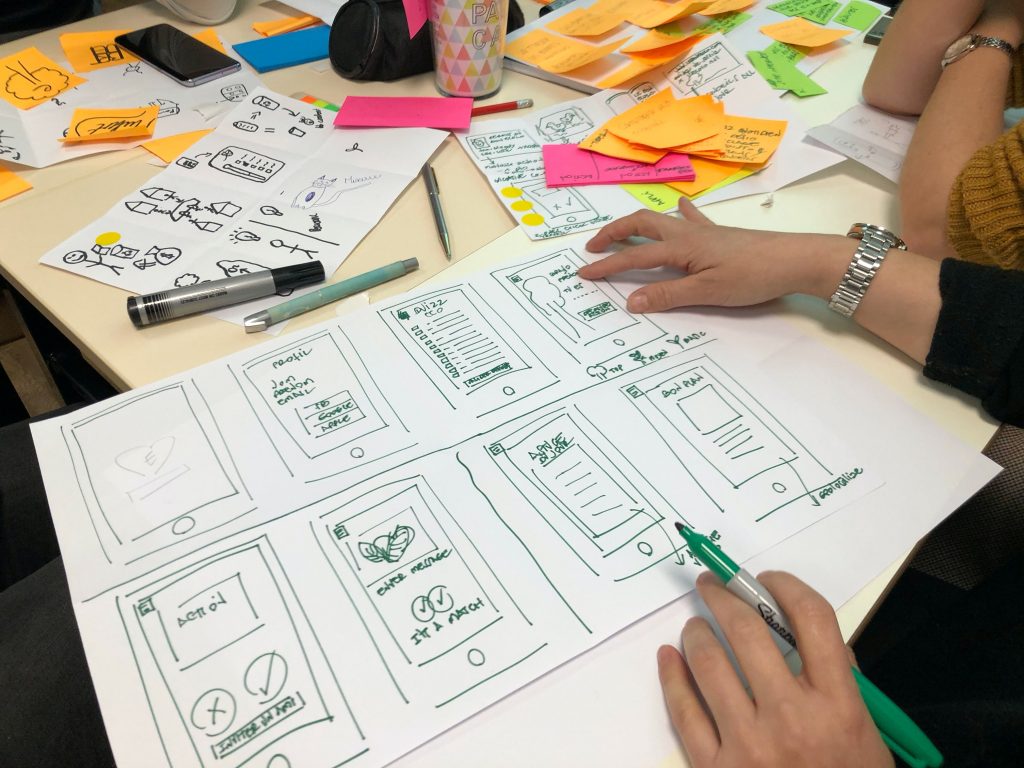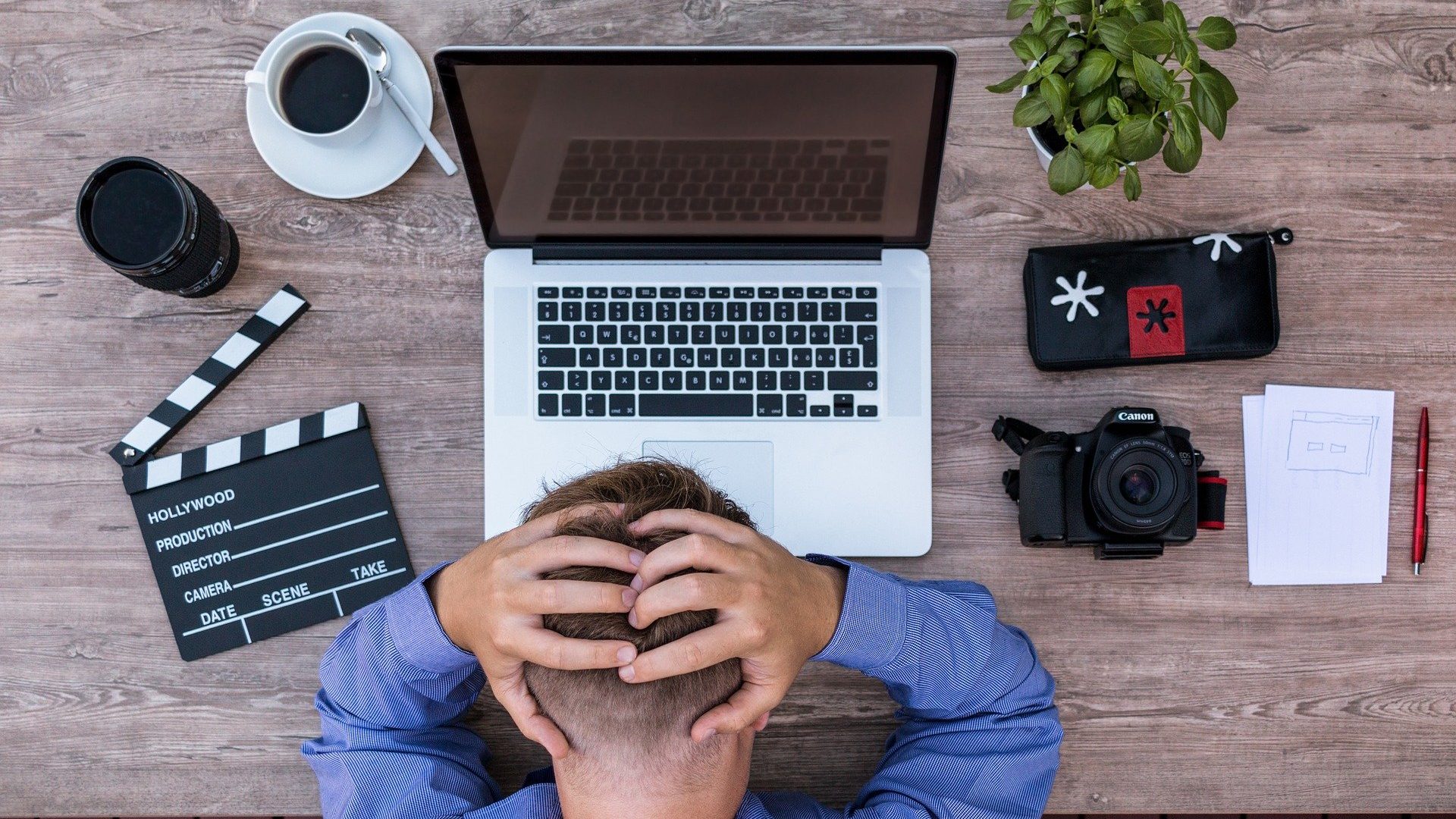Almost every person thought that everything bad happens only to others, and somehow, bypasses him. However, you can’t be sure of anything. In the modern world, there are no fewer dangers that you need to be able to avoid – or to act correctly if an emergency does happen.
As they say, “forewarned is forearmed”. We have collected the main principles of behaviour in extreme situations that will help you and other people.
If you find yourself in nature without food, use plants
If you get lost and are left without supplies, do not rush to panic – if everything happens in the spring or summer, then you have a chance of salvation. Take a closer look at the plants and herbs that are nearby. Some of them may well be edible – for example, burdock, dandelion, clover, reeds and nettles. If suddenly you find an unknown plant and are not sure whether it is poisonous or edible, then in no case take risks.
Remember that the human brain can only focus on one task

Your brain is so arranged that it cannot process two different streams of information at the same time – it turns out to concentrate only on one thing. It can switch relatively quickly, but that won’t help in an emergency. Imagine you are walking down the street with a coffee in one hand and a smartphone you are playing on the 22Bet website in the other. In such a situation, it is easy to provoke an accident, so it is better to cross the road without distractions.
Defend yourself with a bright flashlight in case of an attack
A flashlight with bright directional light can help you fight off an attacker better than a gas spray or a stun gun. A powerful beam will blind the criminal, shoot him down and give you a few winning seconds to escape.
If you choke, save yourself using the Heimlich method
Clench your hand into a fist and lower it just below the ribs and above the navel. From above, for reinforcement, you can cover it with your second hand and press, and then make a sharp push to the spine and slightly up. Repeat as many times as needed to get rid of the foreign object.
In extreme situations, remember the “rule of three”

When you find yourself in situations where you need to make quick decisions and prioritize correctly to save your life, remember the rule of three. Based on it, the average person can go three minutes without air, three hours without shelter in extreme weather, three days without water, and three weeks without food.
Do not pull out the blade if you are injured
If you were hit with a sharp object, then do not rush to pull it out of the body, otherwise you will further damage the internal organs and increase bleeding. Instead, try to stop the bleeding and seek immediate medical attention.
If you need help, ask for it from a specific person
Keep in mind the fact that in difficult times a crowd of people is simply not able to do anything, because everyone thinks that someone else is about to intervene. When you need help, choose a person and contact them personally.
Stay away from crowds of panicking people
In crowded places, we feel more secure, but there are also reverse situations. During emergencies, panic sets in in the crowd, so you’d better stay away from it. Dozens, even hundreds of people running – it’s scary, you can simply be demolished, pressed, trampled. Try to deviate slightly from the path or use alternate exit methods.
